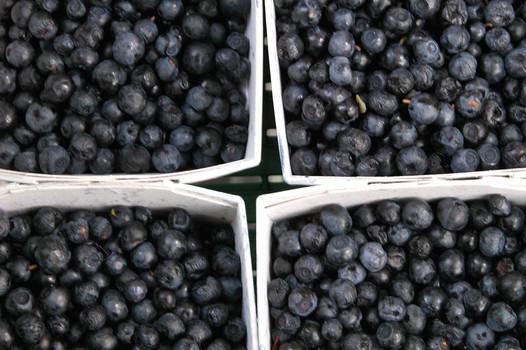Bilberries and ligonberries have both been shown to have beneficial effects on health, even in the face of an otherwise poor diet. Both berries belong to the plant family Ericaceae, which also include cranberries, blueberries and huckleberries.
Researchers at the University of Eastern Finland found that bilberries help improve blood pressure and nutrition-derived inflammatory response, both associated with obesity. The team fed laboratory mice (who were originally on a high-fat diet, experiencing significant weight gain and effects such as high glucose levels and high blood pressure) freeze-dried bilberries and found that they had positive effects after a period of only three months.
The beneficial effects of the bilberries were thought to be because of the high level of anthocyanins, a polyphenol that is found also in teas, honey, wines, nuts, olive oil, cocoa and cereals as well as deeply colored fruits and vegetables.
Another berry found to help lower blood sugar and cholesterol levels and prevent excessive weight gain are lingonberries. Researchers at Lund University in Sweden found – also by testing lab mice on a high fat diet – that eating ligonberries for three months had improved health markers despite their poor eating habits. They had similar blood sugar, insulin, cholesterol and liver fat levels as mice eating a typical low-fat diet.
Beware, though, of eating large quantities of berry jams and jellies. Boiling the berries can affect their nutrient content. Also, jams/jellies contain considerable amount of sugar.
Bilberries (also called Wild Blueberries) and Ligonberries are best consumed fresh or frozen as a snack, in smoothies or as a cereal topping.















